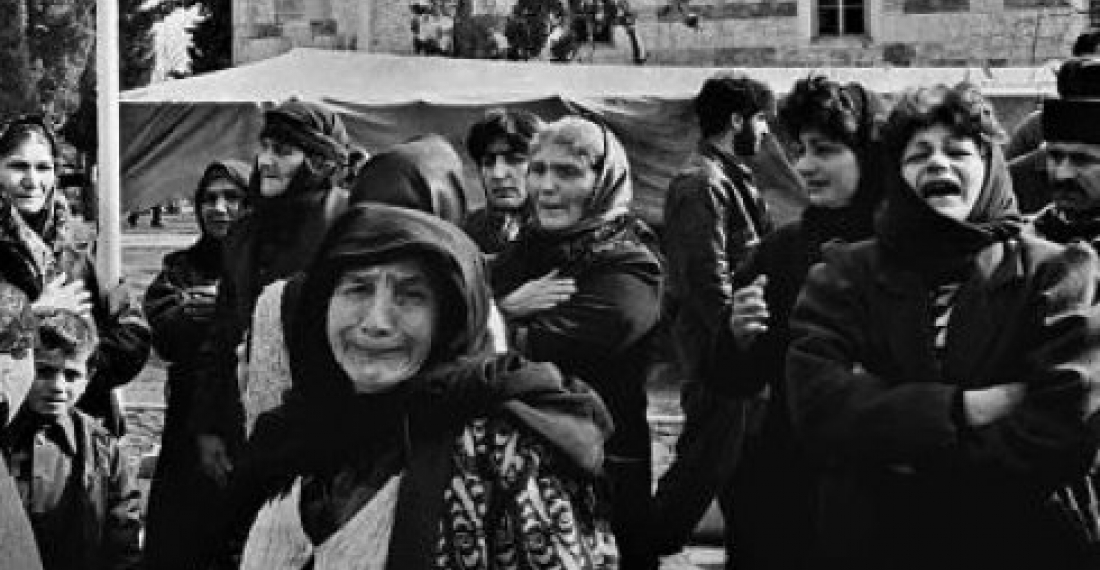В современной истории Кавказского региона найдется много примеров боли и страданий, вызванных конфликтами и этническими расприями. События в Ходжалы в 1992 году выделяются своей жестокостью, а также тем, что произошли в преддверии 21-го века, в век, когда информация распространяется моментально, и у мира просто не было никаких оправданий, касательно того, что он знал, что происходит.
В ночь с 25-26 февраля 1992 года во время попытки покинуть город Ходжалы, который тогда уже должен был пасть под армянскую оккупацию, были убиты сотни мирных граждан Азербайджана, в том числе женщин и детей. Иностранные журналисты, которые вскоре посетили место событий, рассказывали о десятках тел разбросанных на дороге. Эти события остаются одним из самых трагических глав долгого и кровавого карабахского конфликта. Годовщину резни отмечают не только в Азербайджане, но и среди многих общин во всем мире.
Массовые убийства были зафиксированны целым рядом правозащитных организаций, в том числе Human Rights Watch и Memorial, а также ряд журналистов, некоторые из которых опуликовали фото отчеты об этом в западных и российских СМИ.
Некоторые армянские источники оправдывают то, что произошло в Ходжалы, утверждая, что среди гражданских лиц, бежавших из Ходжалы, скрывались вооруженные люди. Но другие признают, что массовые убийства в Ходжалы стали актом мести за предшествовашие убийства армянского населения в Азербайджане.
Гражданское население, как Азербайджана, так и Армении, остается в плену карабахского конфликта. Они страдают в результате боевых действий, которые регулярно происходят в зоне конфликта, сотни тысяч людей остаются вынужденно перемещенными лицами, а общины в зоне конфликта живут в постоянном страхе.
Мир не должен забывать то, что произошло в Ходжалы для того, чтобы исключить повторение случившегося с каким-либо обществом, независимо от этнической принадлежности. Правительства Армении и Азербайджана должны предпринять шаги в этом направлении путем подписания и ратификации устава Международного уголовного суда, чтобы сделать возможным привлечение к ответственности тех, кто совершит подобные зверства в будущем. Международное сообщество должно активизировать свои усилия для того, чтобы добиться урегулирования карабахского конфликта, и дать этим самым новую надежду народу региона.
Этот комментарий был подготовлен редакцией commonspace.eu






